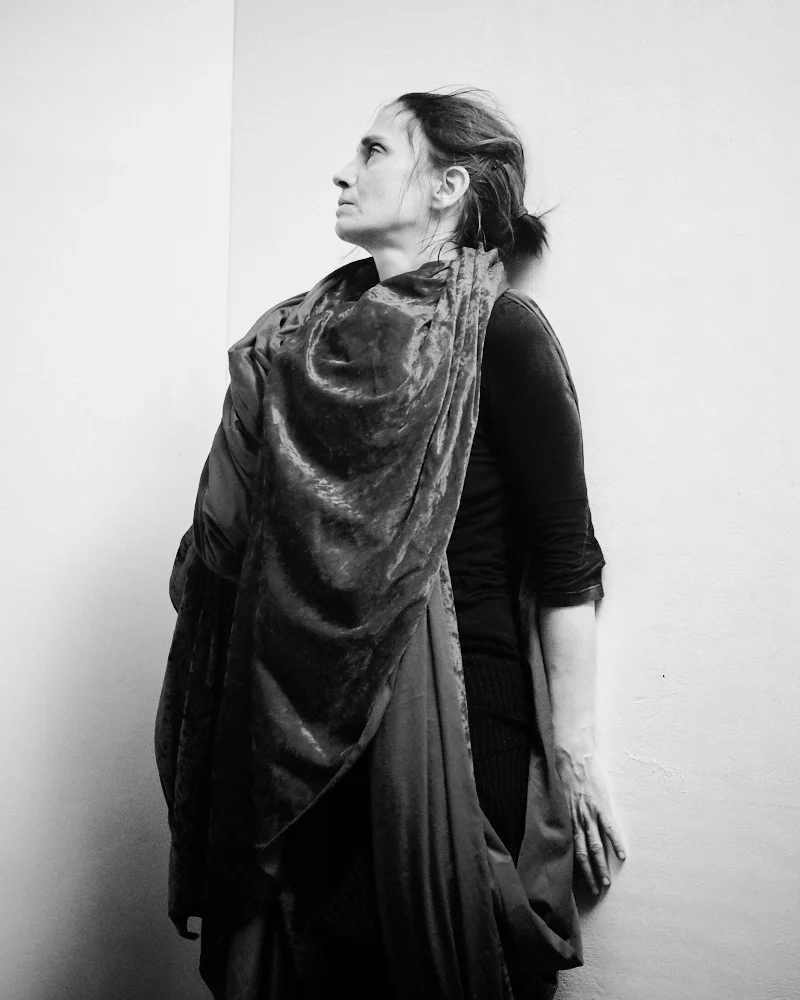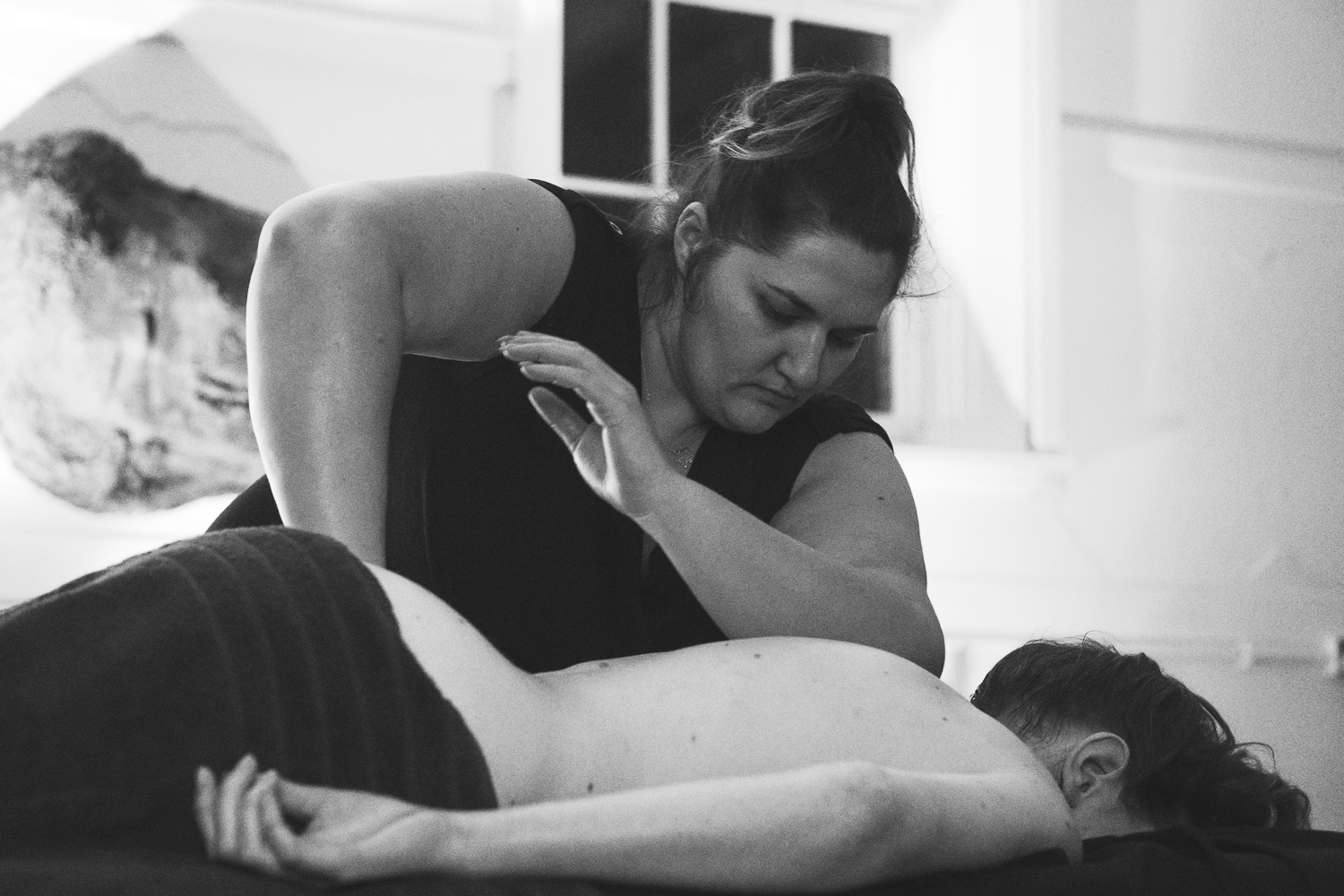In the year of 1895 Oscar Wilde was accused by the Marquis of Queensbury of posing as a sodomite. Despite the advice of friends, Wilde chose not to let the matter of this public accusation drop. Queensbury presented this as a righteous moral crusade. In reality he was a notorious womaniser and a man detested by his own family - including the son he professed to want to save from Wilde's attentions - and harboured a hatred against the artistic Bohemia that Wilde represented.
All images shot with the X-Pro2 and the 16mm f/1.4, 35mm f/1.4 and 56mm f/1.2 lenses.
Not particularly caring at all for the man, nor wishing to settle the issue in a display of fisticuffs in the Queensbury rules fashion, Wilde ignored the advice of his friends to let the matter drop. This was not only to protect his reputation but in part to carry his honed art of wit – the unexpected copulation of ideas – from the dinner party to the grand stage of the law court. Considering the times it was a daring move on Wilde’s part, but one that tragically backfired. Accustomed to the last word in debate Wilde felt he could carry the day with the thrust, parry and riposte of his keen wit and fierce intellect, setting his own terms for the engagement by turning the affair into the high drama. Unfortunately Queensbury was willing to do everything in his power to make the drama one in the keeping of a tragedy.
For although Wilde's performance in court was in part a brilliant one, so too was the able cross-examination of prosecution. Despite his eloquence – and his ability at times to draw a hearty laugh from the audience – the evidence brought against him in court was sufficiently damning in the eyes of the jury. “The truth is rarely pure and never simple,” Wilde posed to them. This didn't wash with the jury. They also were unmoved by his argument that his two mildly erotic letters of adoration to the physical persons of Mr Taylor and Queensbury's son, Mr Douglas, were merely prose sonnets, entirely innocent literary exercises in style. They had no time for his discourse on aesthetics and meaning either, and the damning testimony of a passel of rent-boys unearthed by Queensbury's agents entirely undid him. He lost the case of libel, had the legal costs awarded against him and was bankrupted. Worse yet his failure to counter the accusation exposed him to arrest for indulging in 'the love that dare not speak its name'.
Less than a hundred days later it was Wilde himself who was on trial, and he was ultimately sentenced to two years hard labour for the crime of homosexuality.
In Mappa Mundi’s excellent production ‘The Trial of Oscar Wilde’ which went on tour earlier this year, the icon is made human. The play relies on the great man’s own words - recorded in the legal shorthand transcript of the time - and deftly avoids the trap of telling a plodding tale of heroic martyrdom. There is enough inherent drama in the transcript to evoke that great theatrical element of tragic hubris, and through the small cast’s compelling performances the charged atmosphere of that fateful trial is brought back to life.
Actor Steven Elliot shifts superbly through Wilde’s successive phases of amusement and joy at wordplay and the cut and thrust of the early debates, before a mounting brittle terseness, a mixture of exasperated anger and desperation, begins to show as the tide turns against him. As the evidence mounts and Wilde begins to stumble into the cunning verbal snares planted by Edward Carson, Elliot ably conveys the gradual dawning realisation of having committed a fatal error. The carefree arrogance and the easy smile melt away, his knuckles show white as he grips the stand; he ceases to play for an audience and begins to fight for his life.
Despite his tragic downfall, there's a thrill to be had in watching Wilde's genius with the English language at play. In addition, I had the pleasure of being called on to take a series of portraits of the actor during rehearsals, and in the shooting of a trailer for the theatrical tour. The rehearsal took place in the grand star chambers of Cardiff City Hall, a fitting setting in keeping of the period. The photographs revolved around a mix of Wilde's amused contempt at reading a dismissive review of one of his works, shots of introspection, and a scattering taken with the grand chamber in which he is brought to trial. I confess to having felt a little tension as I’m still getting a feel for portraits. Fortunately having such an expressive and patient actor as Steven Elliot made it a good deal easier. He reminded me somewhat of that late, great Shakespearean actor Robert Stephens whose villainous turn in The Box of Delights I enjoyed so much as a kid.
Wilde's infamous trial is one that has lost none of its resonance. Whilst British society since Wilde's day has become more tolerant (itself kind of a loaded word, implying a wrong to be tolerant of) it is a sad truth that homophobia is still rife in many corners of the globe, perhaps no where more chillingly of late than in Chechnya, where extra-judicial torture and killings are almost taking the shape of a pogrom. And whilst Australia's recent ruling is cause for celebration, there are organisations such as the LGBT rights charity Stonewall Cymru (who lent support to the production) that still need our support in the fight against hate crime.
Oscar Wilde was no innocent and certainly no hero, but he was a great artist whose works have lost none of their genius and a man - a wilful, egotistical and arguably foolish but brilliant man - who suffered a great injustice at the hands of British law. Perhaps he'd have taken comfort if he knew that his downfall was to make for cracking theatre more than a century later. After all, there's nothing more dramatic than a courtroom drama.
Oh, and his short story The Selfish Giant still has the power to make me blub.
Thanks for letting me waffle, and I hope you enjoyed the pictures.

















